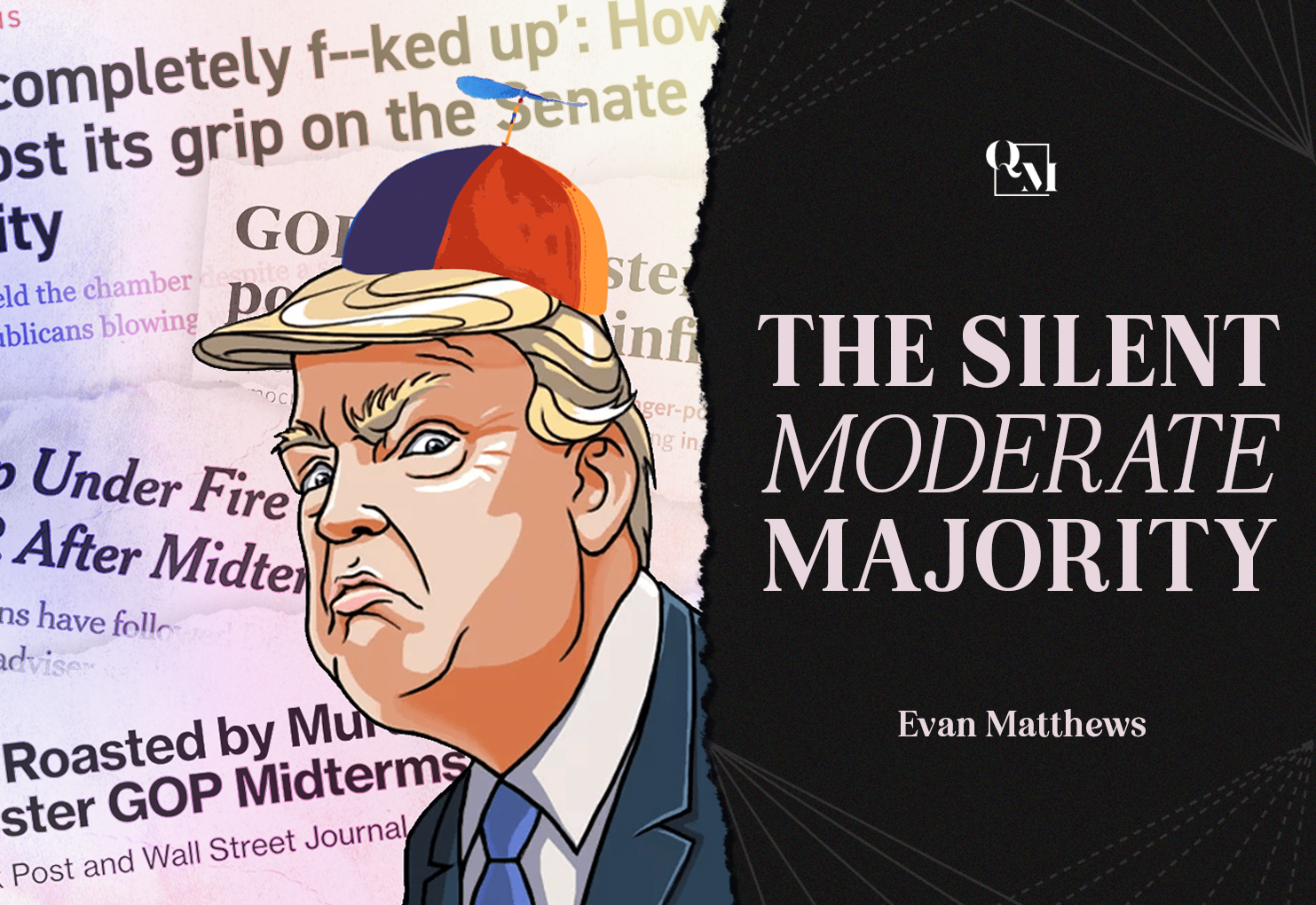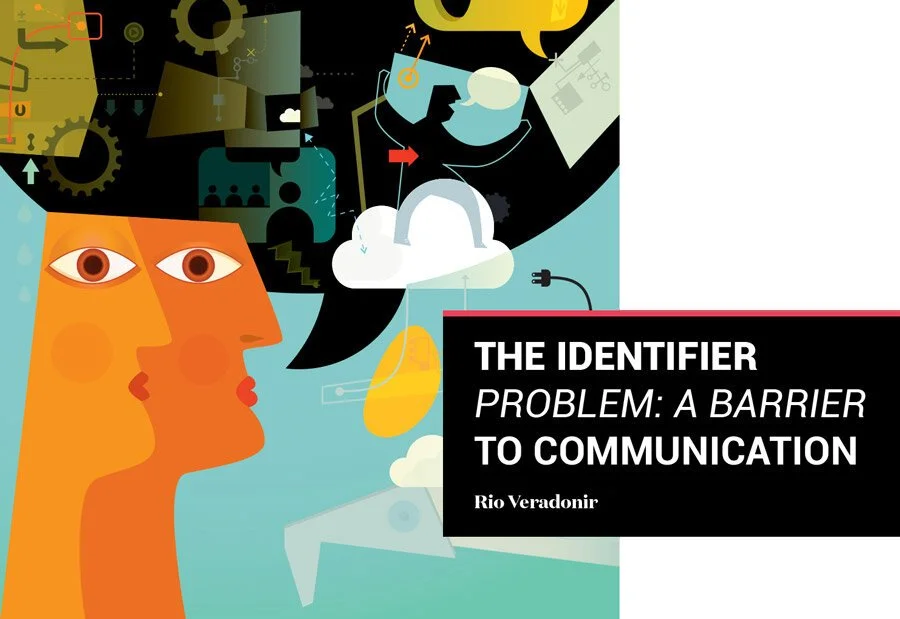The Silent Moderate Majority
US Midterm elections sometimes fly under the radar, but they decide the balance of power. They may not decide who is president, but they dictate what the president can actually get done. Historically, the president’s party tends to get crushed in these elections, as the opposition rallies and the public blames their problems on incumbents. Combine that with a struggling economy and an unpopular Democratic president, and this should have been a Republican landslide — a “red wave.” But that didn’t happen. The GOP turned in the poorest showing in 40 years. Trump-endorsed far-right candidates across the country, including all four of the election-deniers in Secretary of State contests, lost races that were considered winnable. James Carville, the head strategist behind Bill Clintont’s 1992 campaign, famously summed up politics as “It’s the economy, stupid!” Apparently not anymore. Voters delivered a clear message in 2022: “It’s the extremism, stupid!”
Prominent GOP voices have begun blaming Donald Trump’s influence on the party, which has been electorally ruinous. For many of us, this feels like the political equivalent of the 1995 film Apollo 13 — except if the response from mission control to Jim Lovell’s (Tom Hanks) “Houston, we have a problem,” was “Yeah, we know. We’ve been trying to tell you for a while.” It has been evident ever since Trump descended that escalator in June 2015, which is why witnessing Republican leadership have a come-to-Jesus moment in op-ed pages and cable news segments has been so frustrating. They stuck with him through scandals, shady business practices, ethical violations, two impeachments, and a coup attempt. The search for alternatives is both long overdue and an uphill battle, but even if it succeeds, Trump’s replacement may not be quite the improvement hoped for.
The reason the “red wave” was relegated to a meagre “red puddle” has been widely attributed to the overturning of Roe v. Wade, and the rallying cry abortion rights gave the Democrats. While this played a role, the elephant in the room was the populist-right’s xenophobic, conspiratorial fanaticism which voters have now rejected for the third consecutive election cycle (2018, 2020, and now 2022). The Dobbs decision to overturn Roe may have been the most recent example of right-wing overreach that voters lashed out against, but broader concerns about what could come next if this brand of extremism is allowed to consolidate itself within the party and country are what drove voters towards the Democrats. In the back of voters’ minds were Supreme Court Justices opining about how the court “should reconsider” the rulings that legalized same-sex marriage and contraception — rights that Congress is on the cusp of enshrining with the Respect for Marriage Act. The future of immigrant communities, democracy, and sane governance were on the ballot too, right alongside the future of women’s bodily autonomy.
For too long, the GOP has been coasting on the fumes of culture wars with very little policy substance to speak of. The problem for Republicans is, the American electorate detests the rabid anti-immigrant and anti-transgender alarmism of right-populism just as much as the far-left’s identity-obsessed language policing and critical social justice. Americans abhor right-wing bigotry just as much as woke cancel culture. The Republican instinct to perpetually say “hold my beer” in the face of far-left extremism and then go one step further off of the right-wing deep end has alienated large swaths of everyday Americans in the process. Democratic Party leadership and primary voters have done a better job sidelining extremists than the GOP has (Biden won the 2020 Dem primaries, not Bernie Sanders), and it’s paid off.
The GOP always pretended to honor the principles of “limited government” and “live and let live”, even if they were selectively applied in hypocritical ways. They have now lost all pretense, and their total abandonment of such liberal ideals in favor of the more authoritarian “This is how we’ve decided you’re going to live your life, deal with it” has had a telling electoral impact.
Fox News pundit Jesse Waters may be dismayed that “Single women and voters under 40 have been captured by Democrats” — 68% of unmarried women voted Dem — but the liberal commitment to a politics that seeks to extend, not repress, liberty is not a fad. In large part, the original prediction of many observers following the overturning of Roe v. Wade, that significant numbers of Americans would not be particularly keen on the GOP’s continued descent into extremism, was correct. The silent liberalism of the silent majority delivered a powerful message: be more moderate.
One of the few high points for the GOP was the Republican Governor Ron DeSantis’s reelection blowout victory in Florida. His nearly 20-point win, due mostly to his favored handling of pandemic policies, has commentators chattering that the rising star should challenge Trump — who has just declared his own candidacy — for 2024. DeSantis has already overtaken Trump in the polls, although the primary system, where the most hardline voters have an outsized say, is an asset to Trump.
How Americans feel about the prospect of a divided Congress / YouGovAmerica
DeSantis, like Trump himself, is more reminiscent in certain respects of the autocratic Hungarian strongman President Victor Orban than of any pre-2016 Republicans. It was only nine months after Hungary’s far-right government passed a law cracking down on LGBT rights, including a provision prohibiting instruction on LGBT topics in sex education classes, that DeSantis signed his “Florida Parental Rights in Education Act” into law. Dubbed “Don’t Say Gay” by critics, the law curtails the ability of teachers to bring up LGBT issues in the classroom. DeSantis, a self-identified “culture warrior”, has also been one of the most prominent perpetrators of “groomer” rhetoric and has used state power to feud with businesses such as Disney, who he alleges hold a “very public agenda to indoctrinate our children.” A few years prior, it was Trump who decreed a needlessly punitive ban on transgender people serving in the military, which was later overturned when he left office.
Whether the Republican Party will moderate in response to yet another extremist-led disappointment, and whether DeSantis truly represents a shift in that direction seems doubtful. At the birds-eye view, parties want to win, and voters want to support a winner — and it’s become gratifyingly clear that illiberalism is an impediment to electoral success. But on the ground, party primaries, algorithms, and clickbait nudge the individual incentives needed to drive larger changes in the opposite direction — on both sides of the aisle. If there is a way to break this spell, it will come from the silent, moderate majority.
Published Nov 30, 2022
Published in Currents









